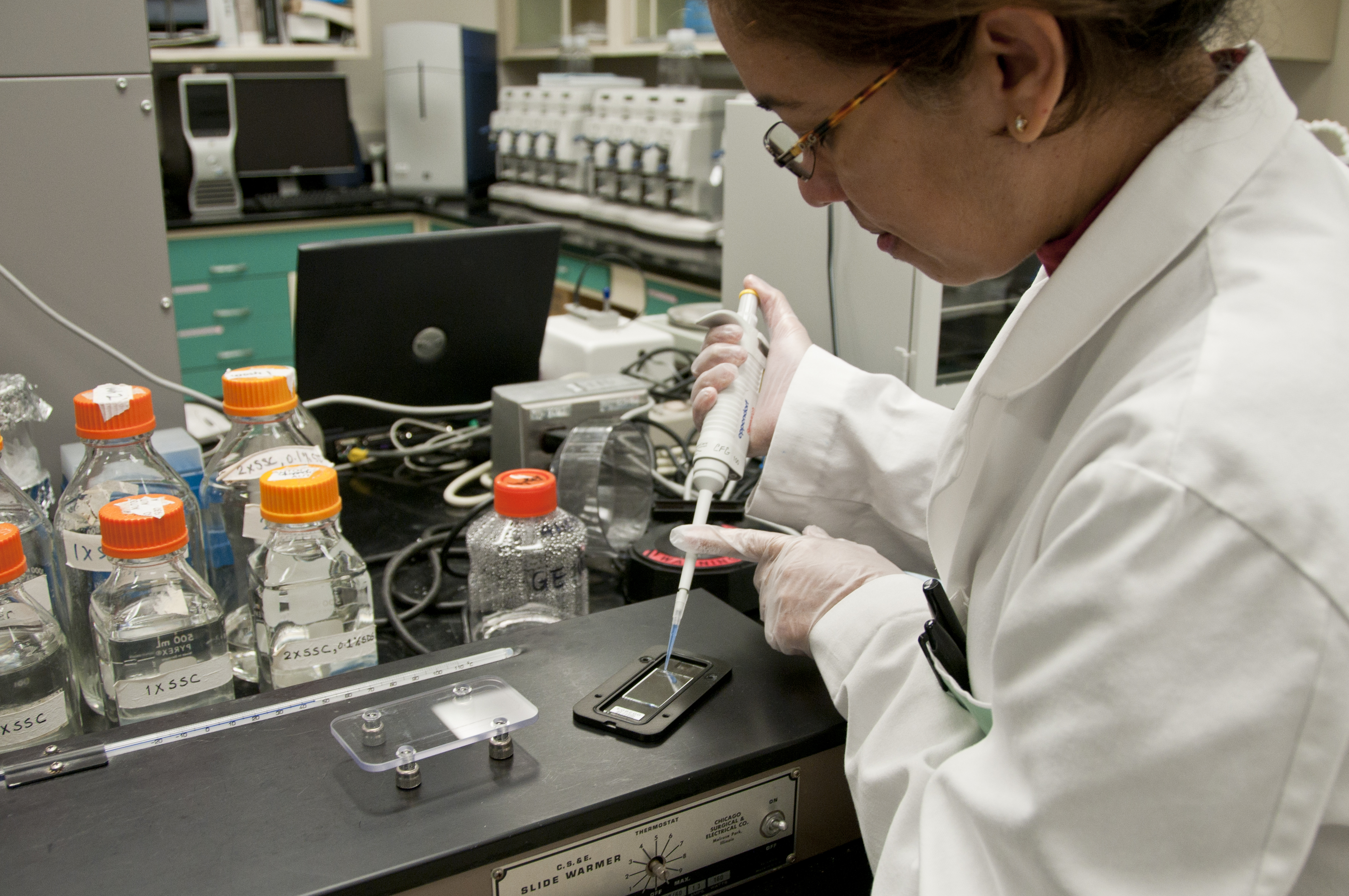
Photo from academic.microsoft.com
Bullying is a widespread public health problem among school students. Using a large sample of Macanese school adolescents, the present study examines psychosocial conditions and demographic characteristics in discriminating the… Click to show full abstract
Bullying is a widespread public health problem among school students. Using a large sample of Macanese school adolescents, the present study examines psychosocial conditions and demographic characteristics in discriminating the following four subgroups of students: victims; bullies; bully-victims; and a comparison group of adolescents. Participants included 2288 adolescents from 13 primary and secondary schools in Macau whose ages ranged from 10 to 20 years. Statistical results revealed significant differences among the groups and indicated that adolescents who are involved in school bullying experience worse psychosocial adjustment. Specifically, among the four subgroups of students, bully-victims reported the strongest feelings of anxiety, depression, and negative affectivity, and expressed the lowest satisfaction with life. Compared with students who were not involved in bullying and victimization, bullies experienced more anxiety and depression and victims had lower levels of satisfaction with life. In addition, boys were more likely to engage in bullying behaviors and younger students had a greater probability of being victimized by their peers at school. Implications for future research and practice on bullying perpetration and the prevention of peer victimization are discussed.
Journal Title: International Journal of Environmental Research and Public Health
Year Published: 2017
Link to full text (if available)
Share on Social Media: Sign Up to like & get
recommendations!